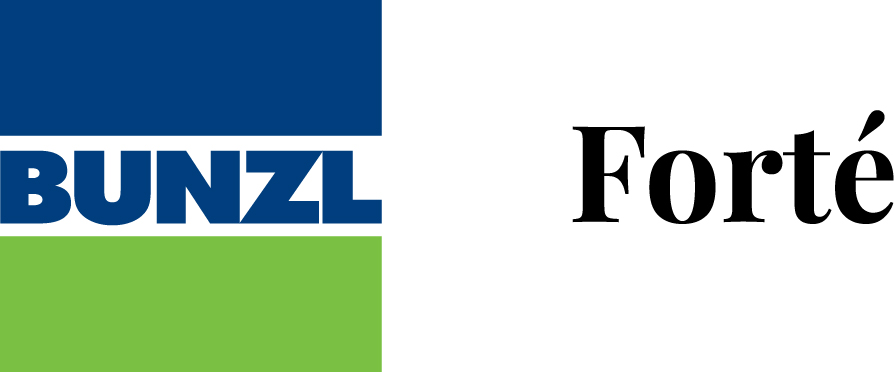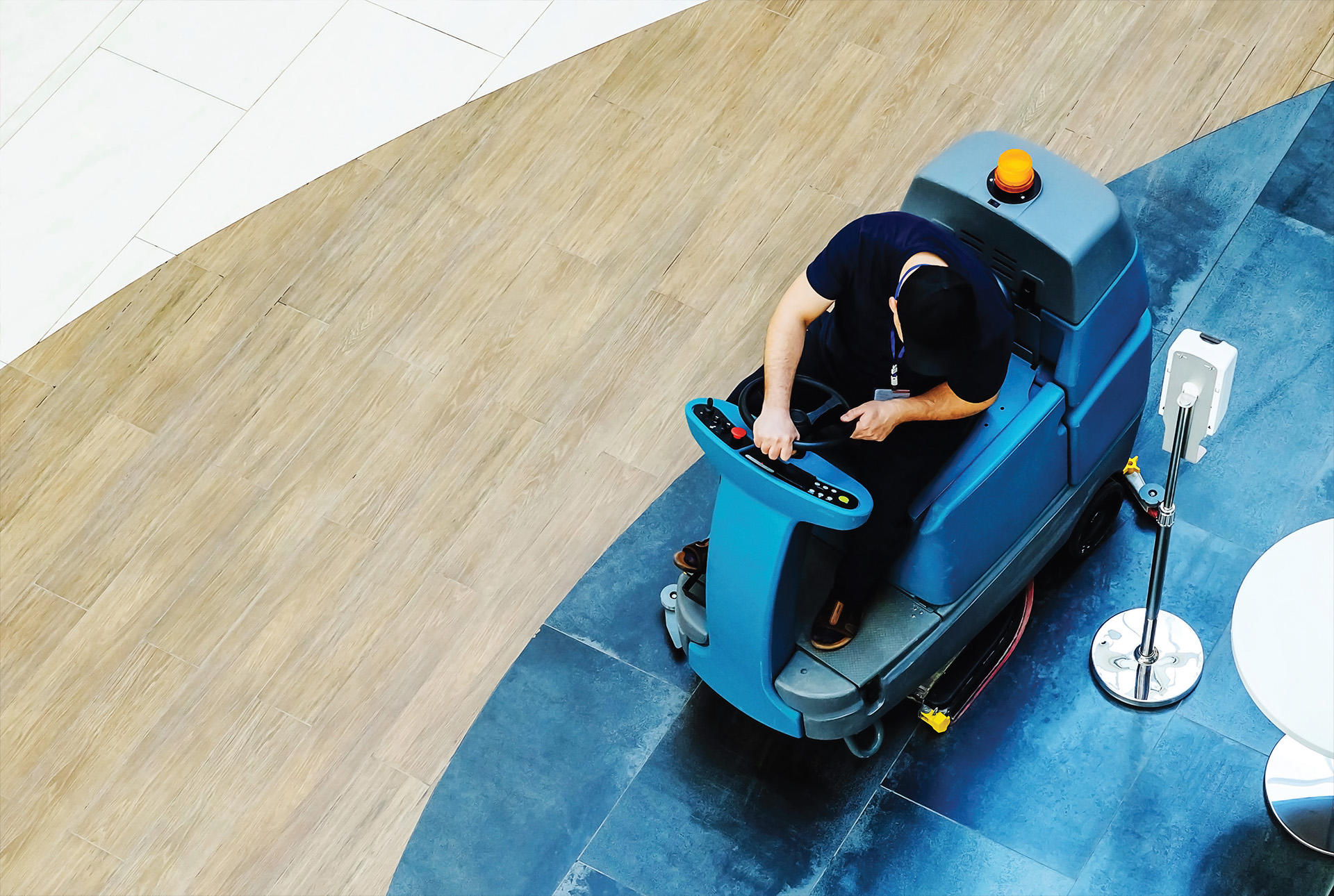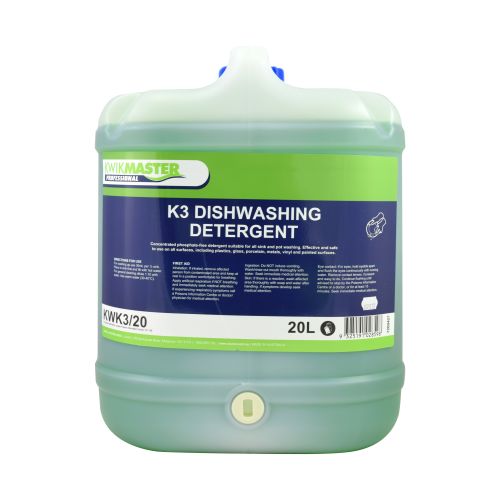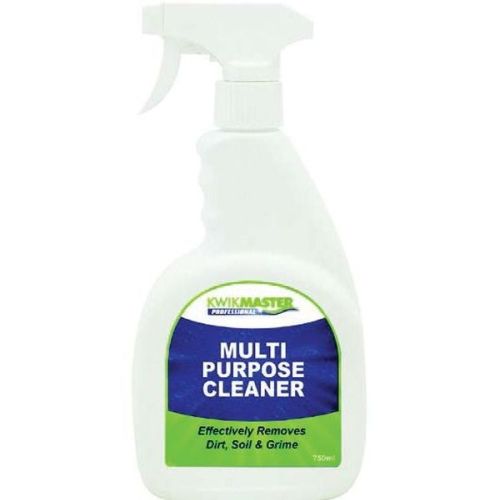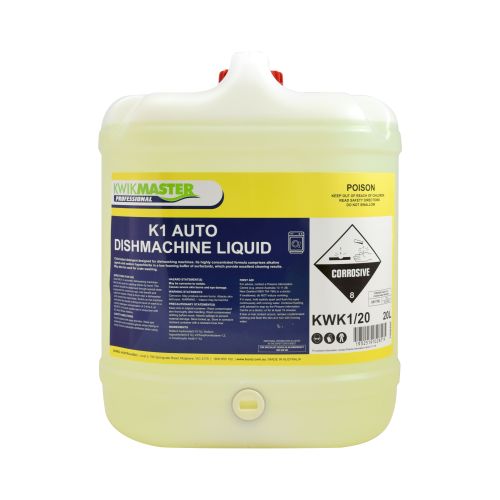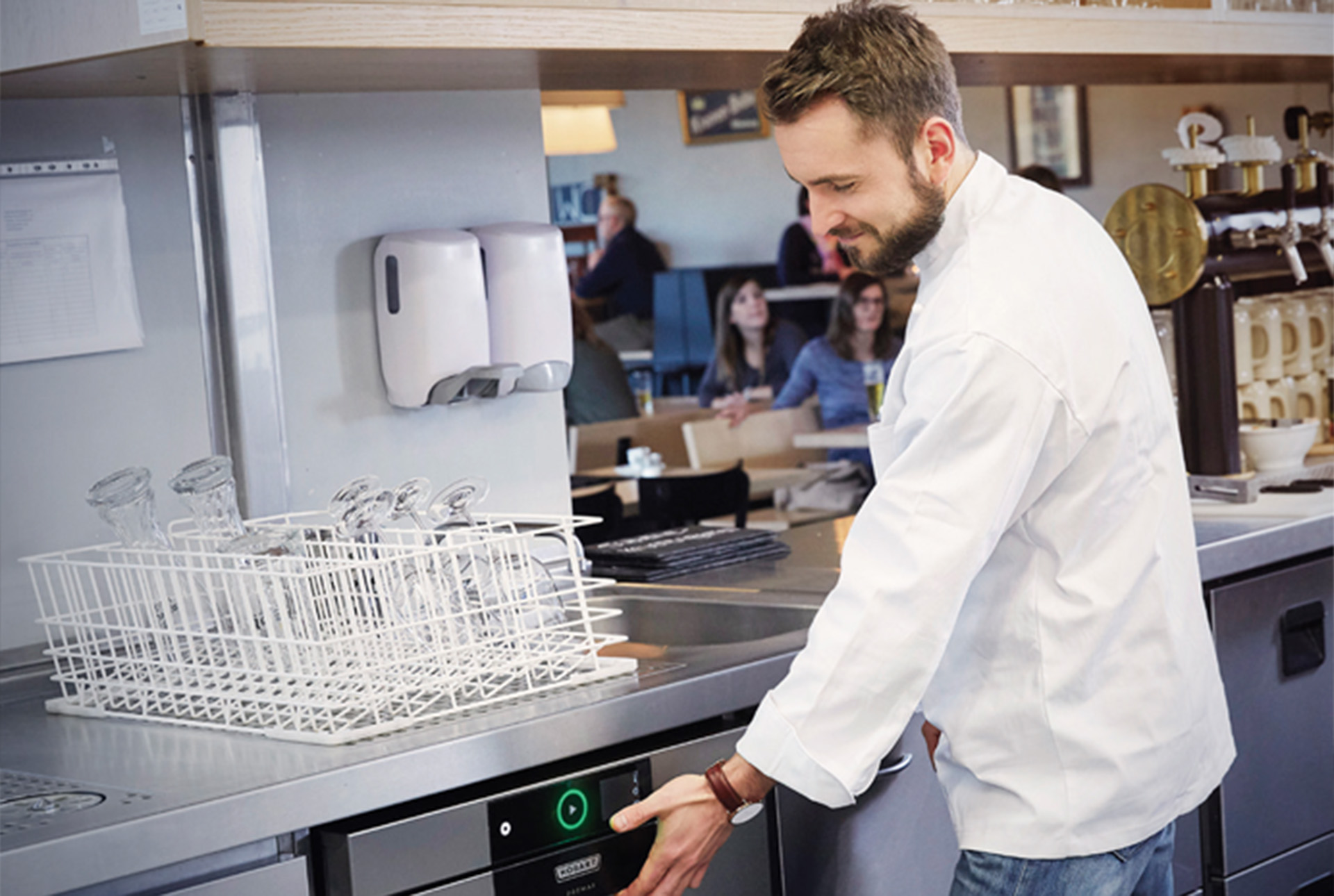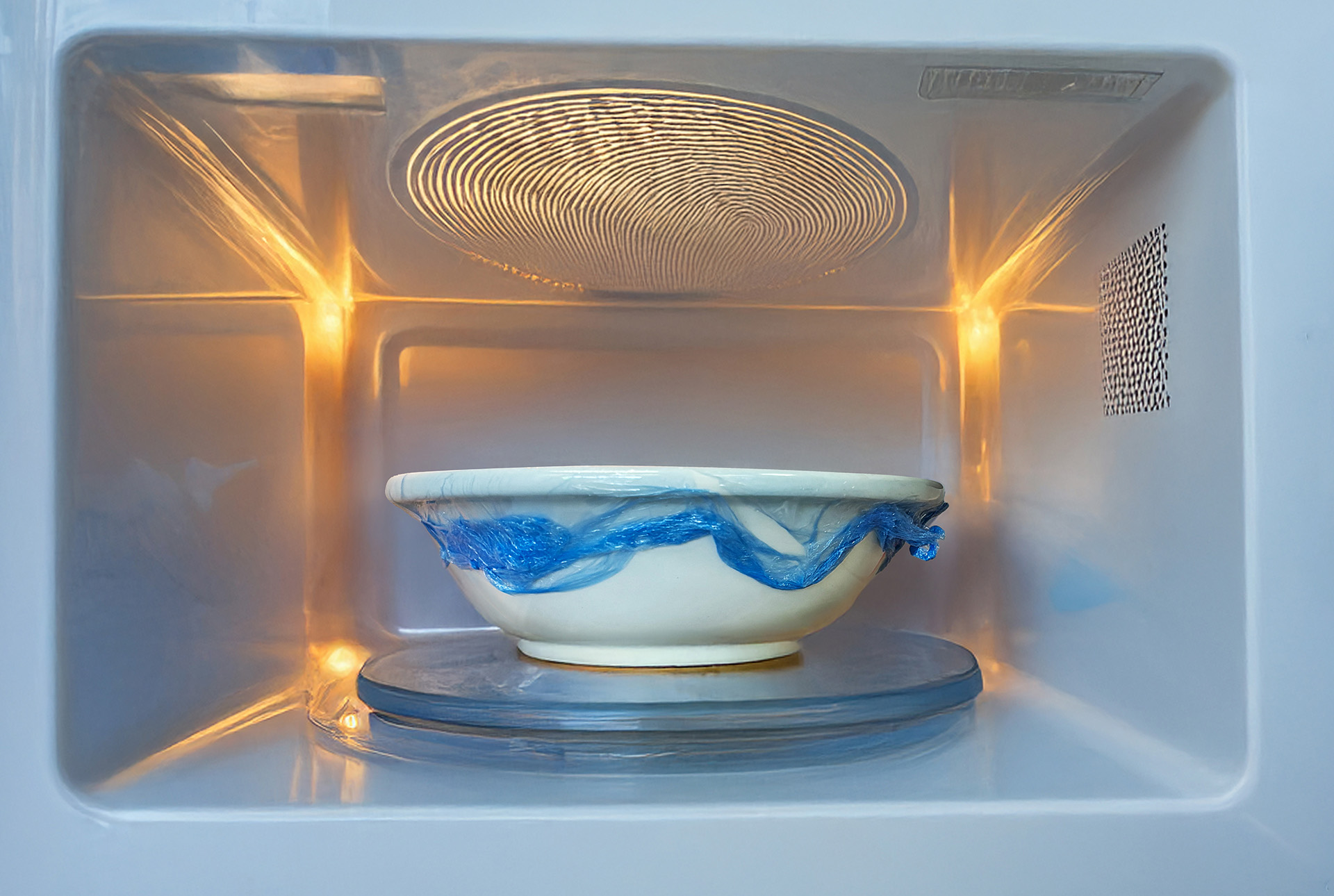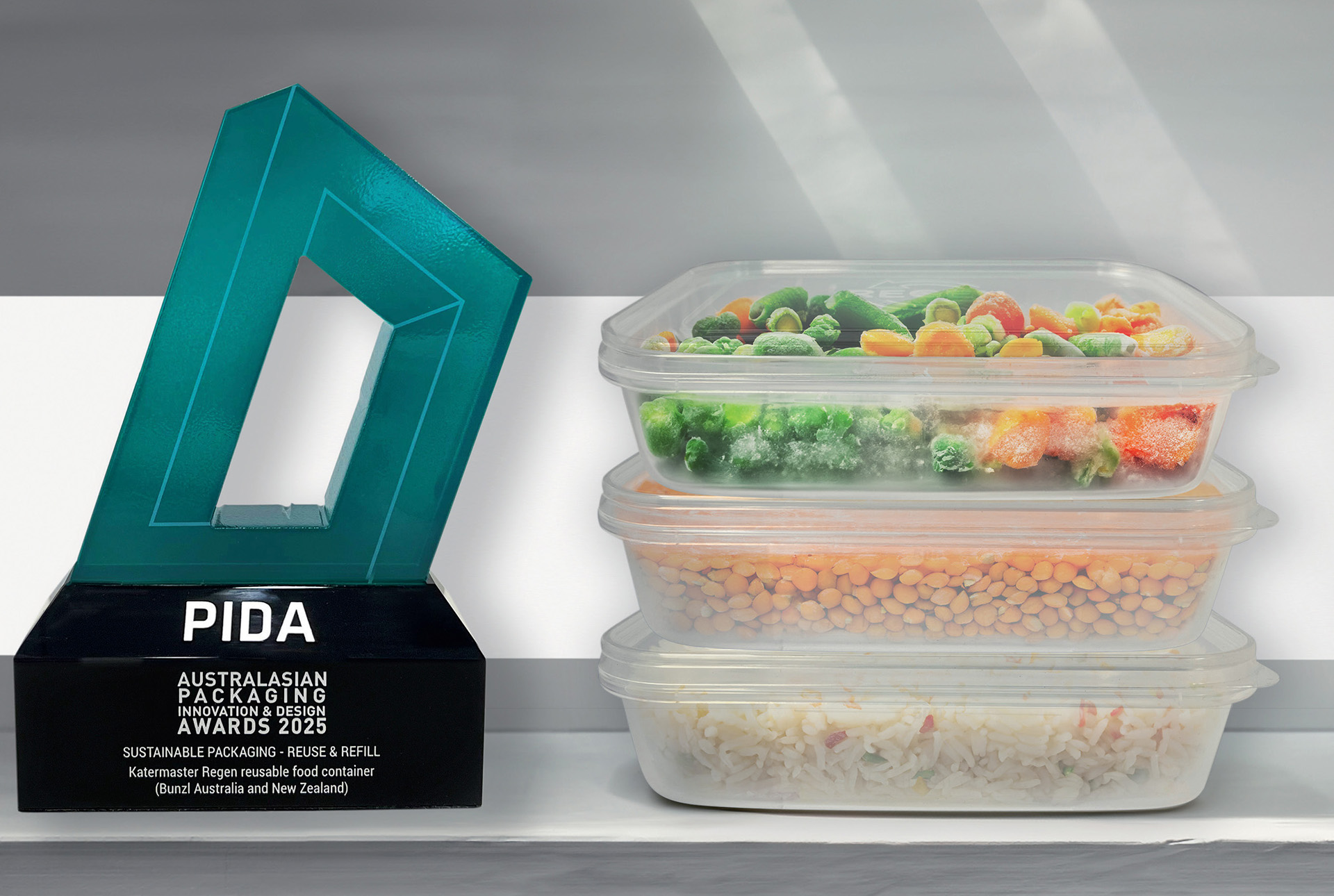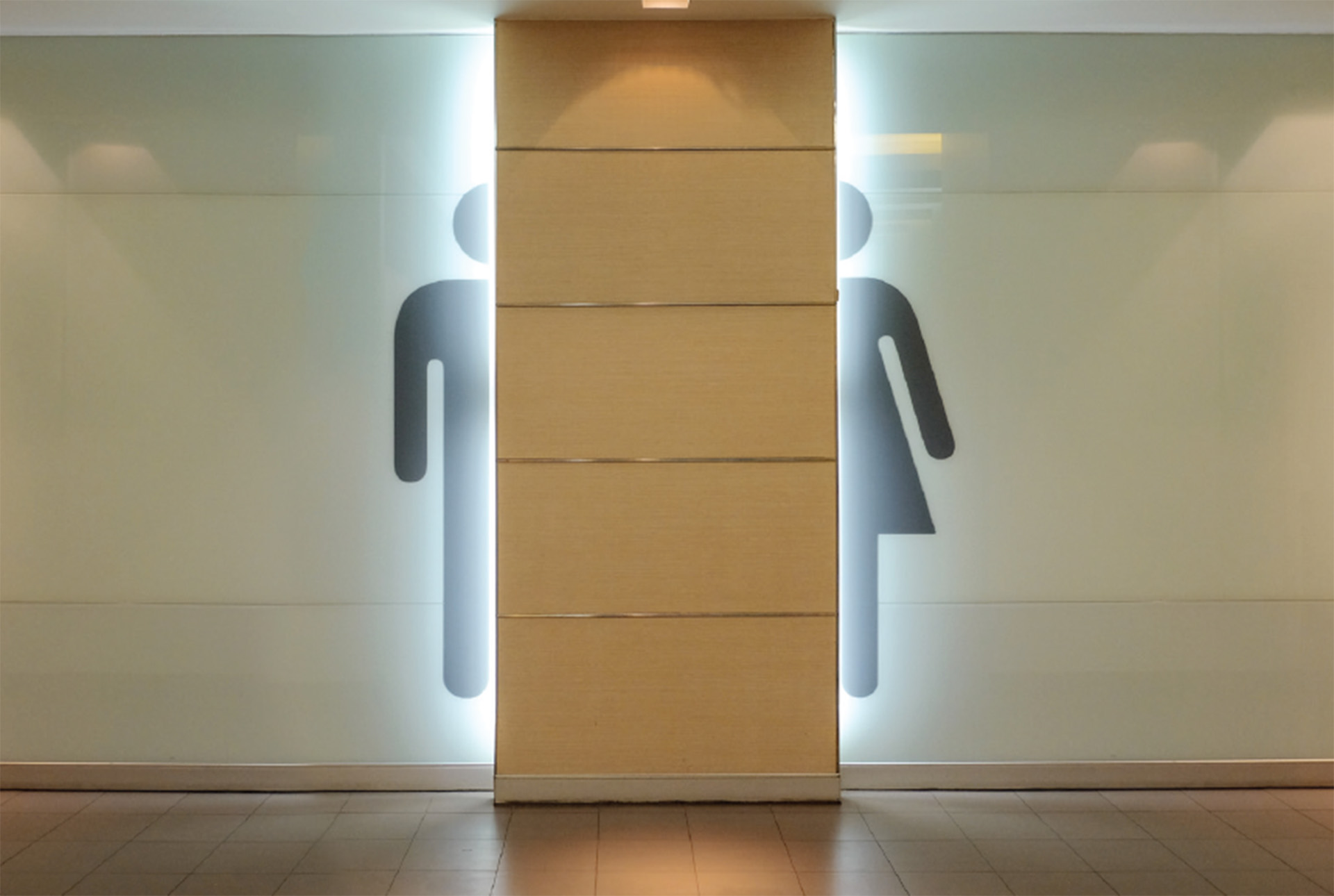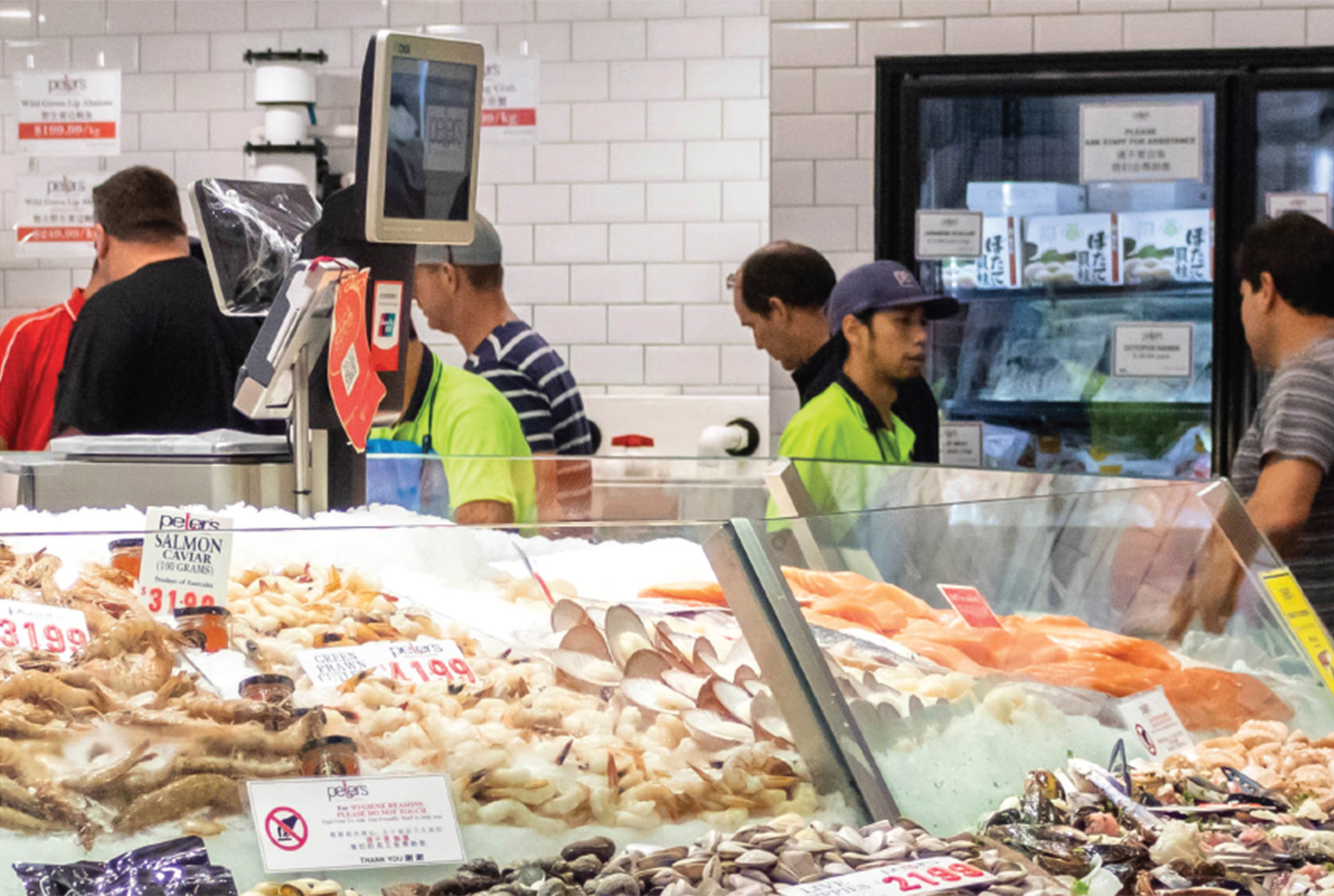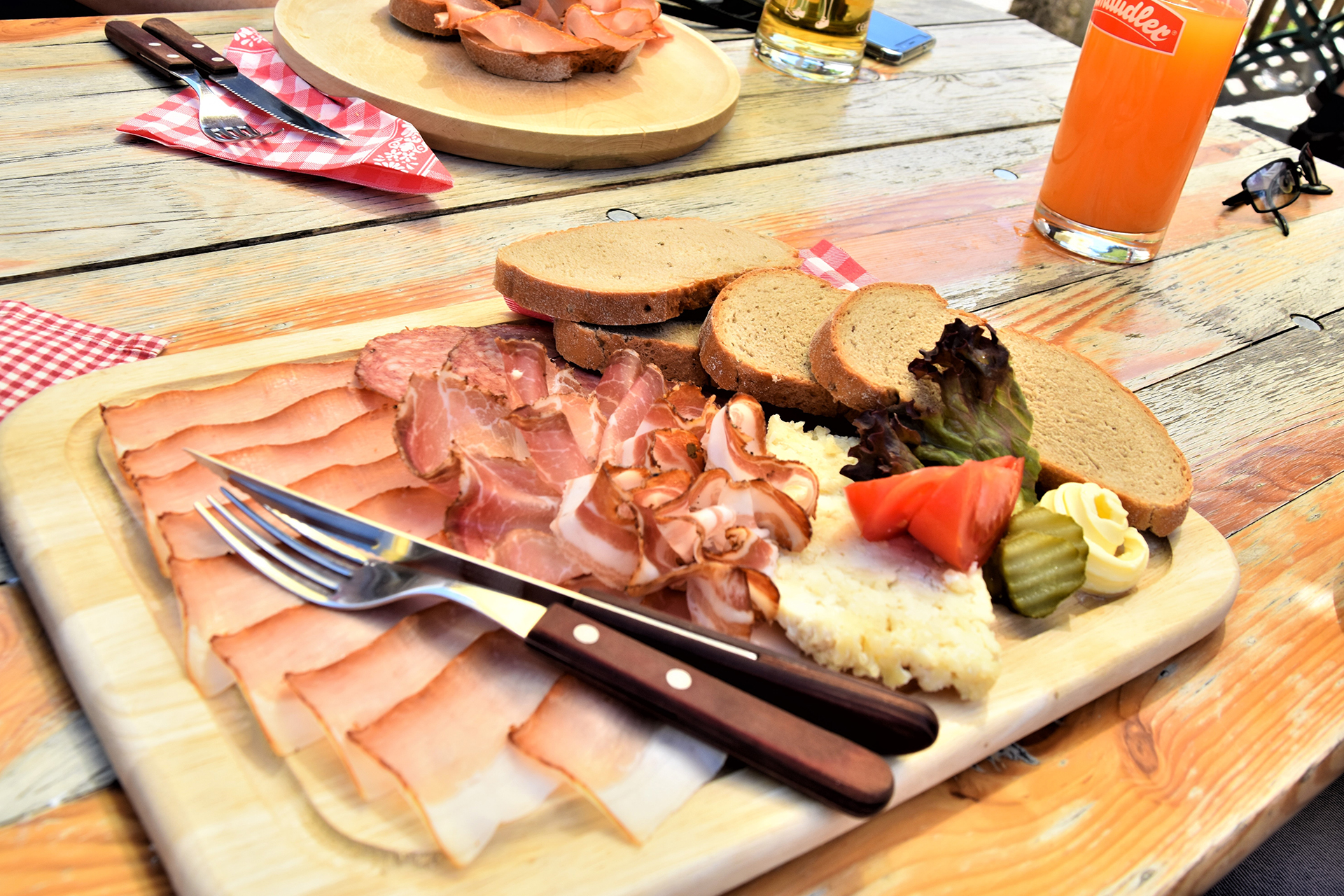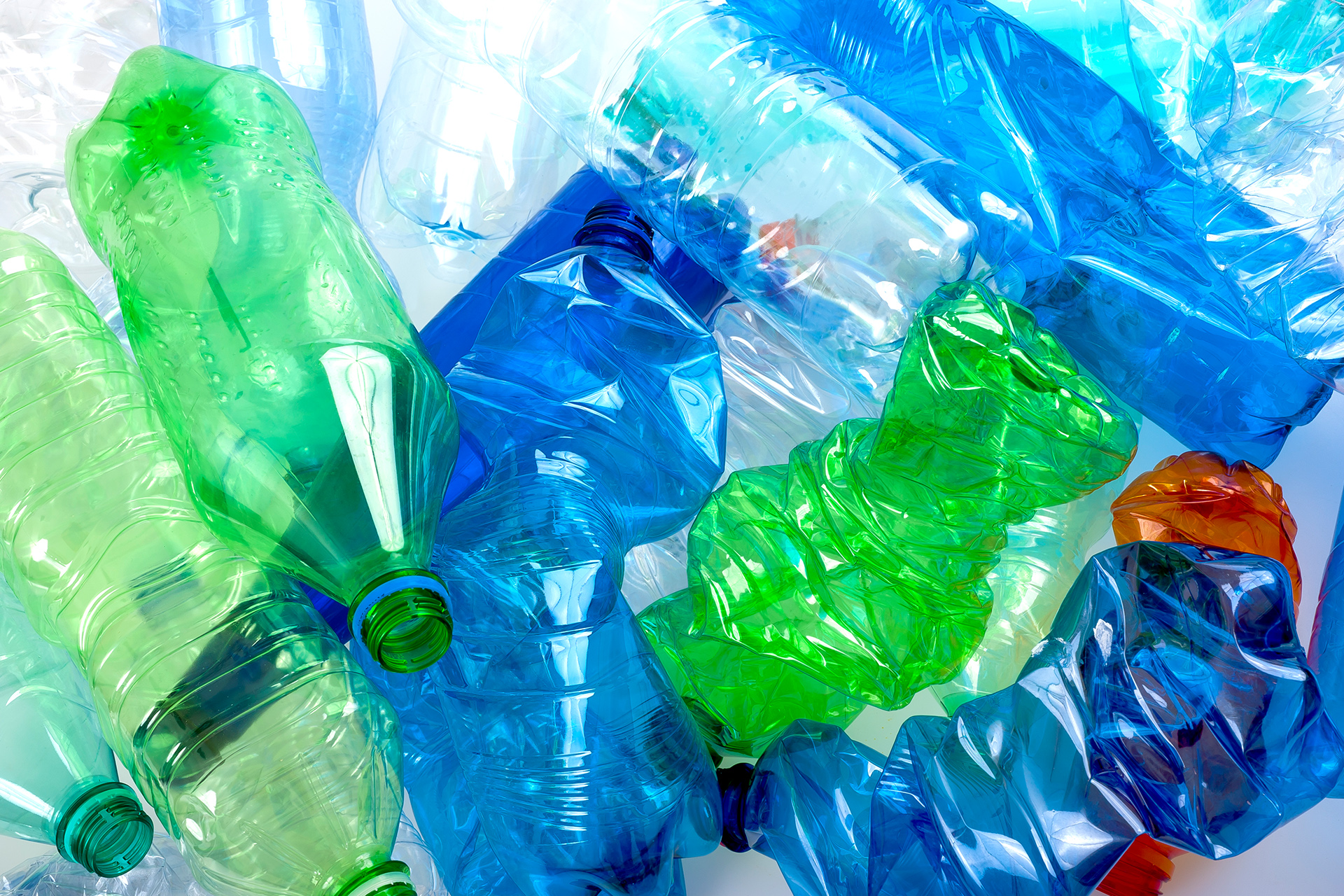As international tourism fully rebounds in 2025 – as forecasted by the UN World Tourism Organization – Australia and New Zealand’s accommodation sector will feel the ripple effect across every floorboard, shower grout and buffet counter. But before the first guest steps into their room, the first thing they notice (even subconsciously) is cleanliness. And that starts in the high-traffic zones: lobbies, lifts, food service areas, shared washrooms and dining floors.
Recent polling by ahs hospitality reinforces this point. When asked which aspects of housekeeping make the greatest impact on a guest’s stay, 74% of respondents emphasised that all elements matter — from staff courtesy to personalised service. Yet one area stood out: ‘thorough room cleaning.’ Guests are acutely aware of how carefully their room has been prepared, and this attention to detail can influence everything from their overall comfort to whether they return or recommend the property.
From tiled lobbies to food-prep benches, every zone has unique hygiene needs. In food
service areas, especially, the stakes are high: degreasers, anti-microbial sanitisers, detergents and pH-neutral floor solutions help keep things hygienic, safe and visibly clean.
Unlike off-the-shelf products, commercial grade solutions are crafted with chemical properties that deliberately target grime, scale, biofilm and bacteria across all sorts of materials. The chemical composition itself needs to be tough enough to produce fast results, yet also be gentle enough so as not to damage the surface or pose any risk to guests (or staff).
There’s also a long-term financial lens to consider. Deep cleaning routines not only reduce allergens and bacteria, they help protect the life of carpets, upholstered furniture and high-value décor. Hospitality companies that adopt professional-grade cleaning solutions often find they can extend the replacement cycle of luxury furnishings by several years, resulting in significant cost savings. In competitive accommodation markets, this balance between guest satisfaction and operational efficiency is becoming a key and poignant differentiator.
CLEANING WHERE IT COUNTS
Accommodation-based restaurants and kitchens face daily peaks, from the rush of breakfast buffets to last service. Meanwhile, laundry teams push linen through high-volume cycles where quality must be preserved. Neutral detergents, odour control and spot specific sanitisers all play a role in helping businesses meet expectations. In kitchen and restaurant areas, degreasers and sanitisers work hard in maintaining hygiene and ensuring safety between service periods. Hard flooring in hallways and other high-traffic areas tend to need degreasers or solvents that can break down residue from food and spills.
However, choosing the right cleaning product should never be just about the soil type. Some things to consider: occupancy levels, guest turnover, peak footfall across zones. All of these things (and more) can influence the product you end up choosing. Chains like Hilton and Accor operate at high capacity across Australia and New Zealand, which drives up demand and means cleaners need to use solutions that are not only highly effective but will continue to work hard under constant use.
“The busier the space, the more dependable the products need to be,” says Lach Nankervis, GM Hospitality at Bunzl. “When guest numbers are high, consistency and reliable products give cleaning teams the freedom to focus on the guest experience instead of just product dependability and whether the tools will hold up during large-scale cleaning operations.”
Sustainability and cost control are also two very important factors. Concentrated formulations that use less product per spray/wipe, have less packaging and – perhaps most importantly – keep water consumption to
a minimum are seeing a marked uptick in favourability among hospitality businesses.
With the right cleaning products in place, businesses can confidently maintain hygiene across every surface, shift and service.
